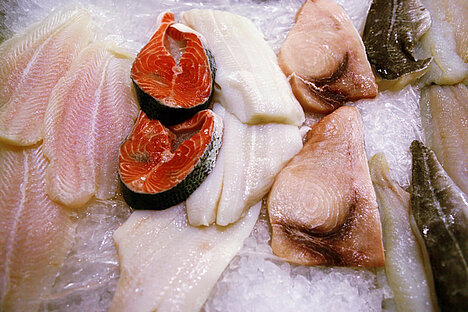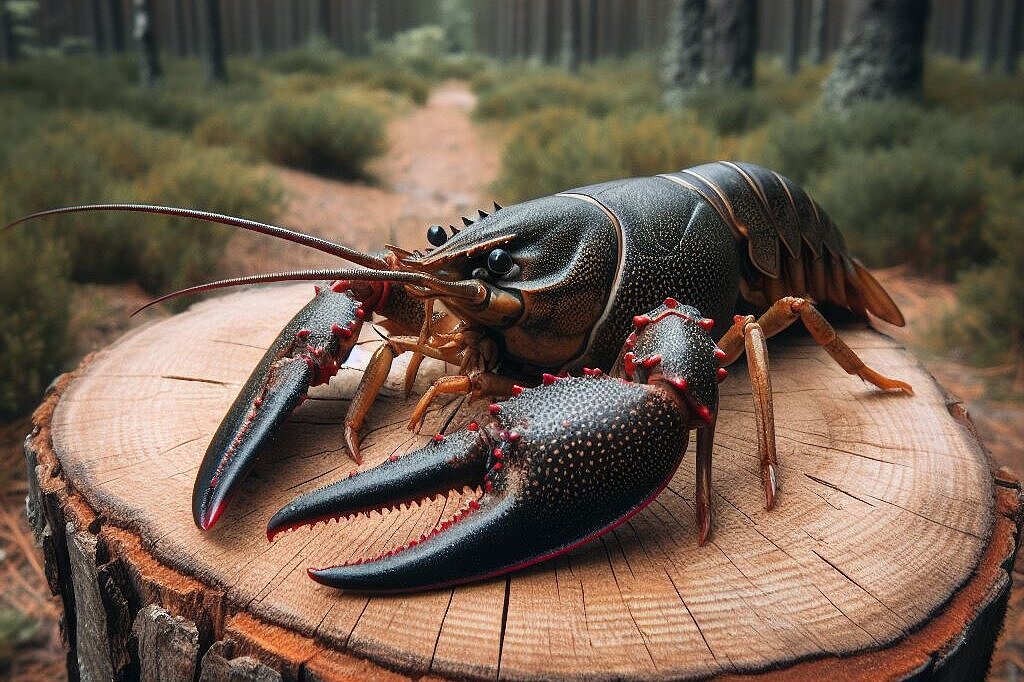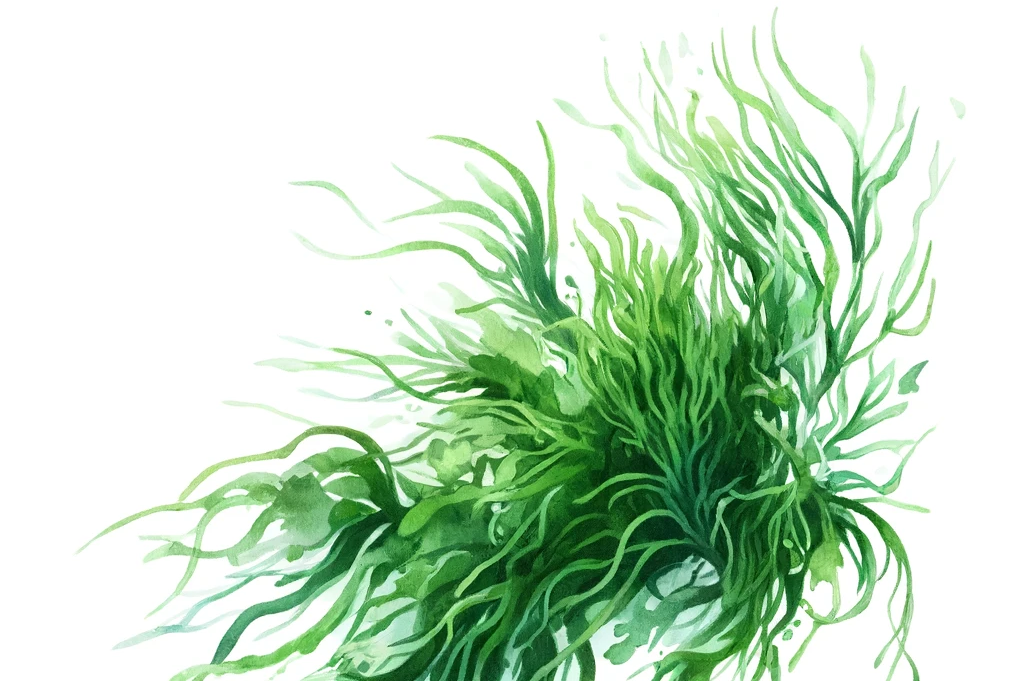Fish and fish by-products

What are fish by-products?
Fish by-products are all parts of the fish that are not intended for human consumption. These include, for example, heads, bones, fins, offal or skin. They are processed into fish meal or fish oil in special plants and are then used as an ingredient in animal feed.
What are the benefits of fish by-products?
Fish by-products have a number of benefits for your dog's diet. They contain valuable proteins that are important for muscle building and cell regeneration. They also provide essential fatty acids that promote healthy skin and coat, reduce inflammation and strengthen the immune system. Fish by-products are also a good source of minerals such as iodine, selenium, zinc and iron, which are necessary for the functioning of the thyroid gland, nerves and blood.
What are the disadvantages of fish by-products?
However, fish by-products also have some disadvantages that you should be aware of. On the one hand, they can contain harmful substances such as heavy metals, dioxins or PCBs, which can accumulate in fish tissue and be harmful to health. Secondly, they can trigger allergies or intolerances if your dog is sensitive to fish or is on an exclusion diet. They can also affect the taste and smell of the food, which can put some dogs off.
How can you recognize a good dog food with fish?
If you want to feed your dog fish, you should pay attention to the quality and origin of the food. A good dog food with fish should meet the following criteria:
- It should be made from fish or fish by-products that are Category 3 according to the rendering regulations. This means that they are suitable for human consumption but not intended for it.
- It should contain the exact name of the fish or fish by-products, e.g. salmon, herring or tuna. This will give you an indication of the quality and origin of the food. Avoid food that only says "fish" or "fish meal", as this can be anything.
- It should contain a high proportion of fish or fish by-products, at least 30 percent. This guarantees that your dog gets enough protein and fatty acids. But also pay attention to the total amount of protein and fat in the food, as too much can lead to obesity or digestive problems.
- The food should contain as few additives as possible or none at all, such as preservatives, colorants or flavorings. These can reduce the quality of the food and affect the dog's health.
Fish by-products are parts of the fish that are not intended for human consumption, such as heads, bones and offal. They are processed into fish meal or fish oil and used in animal feed. Advantages for dogs are proteins, essential fatty acids and minerals. Disadvantages can include harmful substances, allergies and impaired taste. Good dog food with fish should be of high quality, have a precise description of the fish or by-products and few additives.
If you notice any signs of hypersensitivity or poisoning in your dog, you should see your vet immediately. We are not a substitute for a vet, but we try to be as accurate as possible. Every dog reacts differently and we recommend you get a second opinion or consult your vet if in doubt.
Stay healthy and take good care of your four-legged friend!😊
Similar to Fish and fish by-products
Seafood is any animal that lives in the sea and is edible, but is not a fish. This includes, for example, mussels, prawns, crabs, lobsters and squid. Seafood has a high content of protein, minerals...
Crustaceans have many positive properties for your dog's health. They are rich in high-quality protein, which is important for muscle building and cell renewal. They also contain many essential...
Mollusks are rich in protein, which is important for muscle building and cell regeneration. They also contain many minerals such as iron, zinc, copper, and iodine, which are important for blood...
There are many different types of algae that you can give your dog as a dietary supplement. They can bring many benefits to your dog, for example: Spirulina algae is one of the best known and most...



